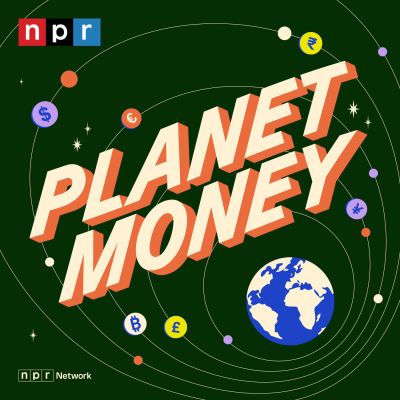Wanna see a trick? Give us any topic and we can tie it back to the economy. At Planet Money, we explore the forces that shape our lives and bring you along for the ride. Don't just understand the economy – understand the world.Wanna go deeper? Subscribe to Planet Money+ and get sponsor-free episodes of Planet Money, The Indicator, and Planet Money Summer School. Plus access to bonus content. It's a new way to support the show you love. Learn more at plus.npr.org/planetmoney
https://www.npr.org/podcasts/510289/planet-money
episode 1716: Morally questionable, economically efficient
There are tons of markets that don't exist because people just don't want to allow a market – for whatever reason, people feel icky about putting a price on something. For example: Surrogacy is a legal industry in parts of the United States, but not in much of the rest of the world. Assisted end-of-life is a legal medical transaction in some states, but is illegal in others.
When we have those knee-jerk reactions and our gut repels us from considering something apparently icky, economics asks us to look a little more closely.
Today on the show, we have three recommendations of things that may feel kinda wrong but economics suggests may actually be the better way. First: Could the matching process of organ donation be more efficient if people could buy and sell organs? Then: Should women seek revenge more often in the workplace? And finally, what if insider trading is actually useful?
This episode was hosted by Mary Childs and Greg Rosalsky. It was produced by Willa Rubin and edited by Jess Jiang. It was engineered by Cena Loffredo. Fact-checking by Sierra Juarez. Alex Goldmark is Planet Money's executive producer.
Help support Planet Money and get bonus episodes by subscribing to Planet Money+ in Apple Podcasts or at plus.npr.org/planetmoney.
